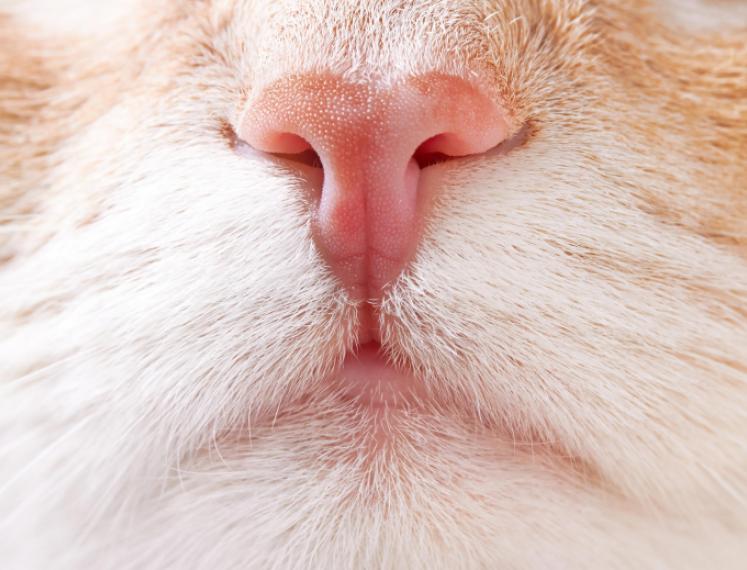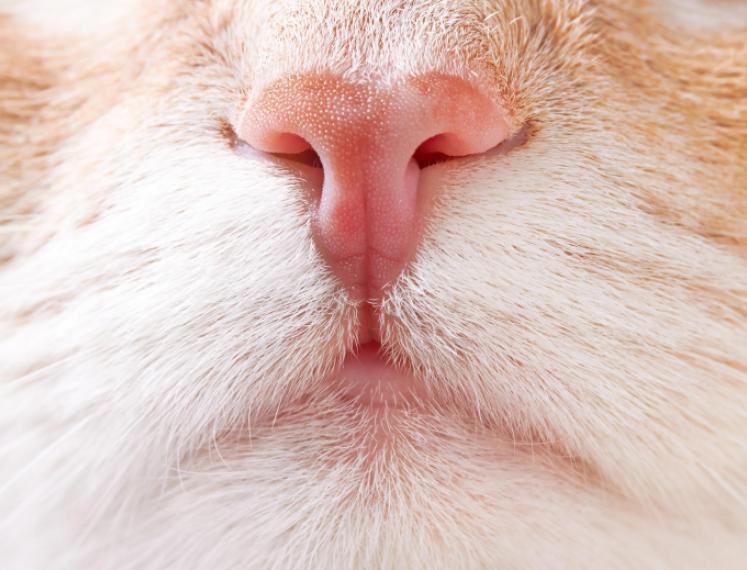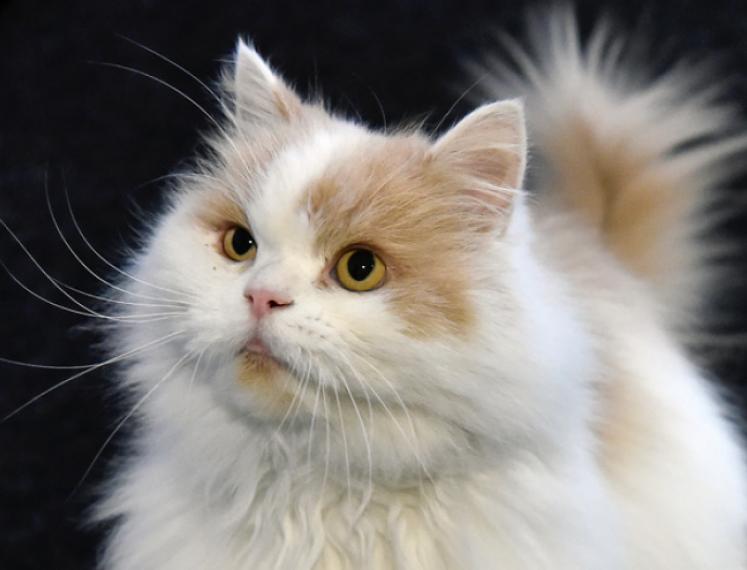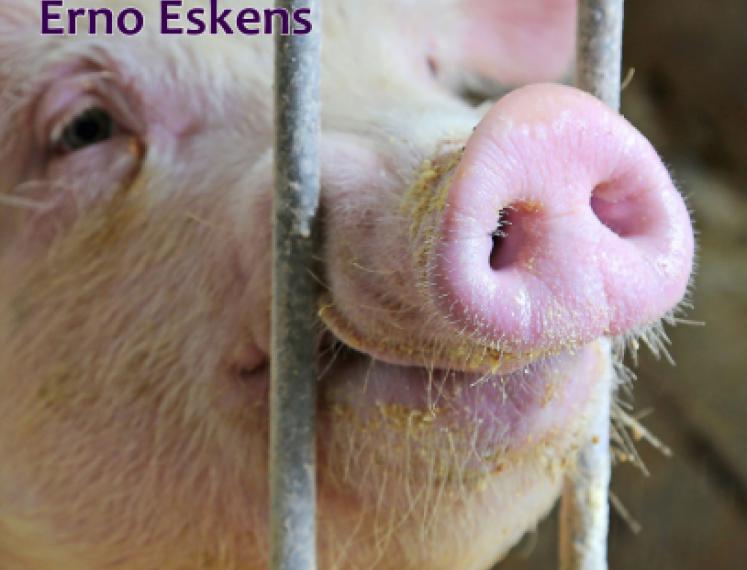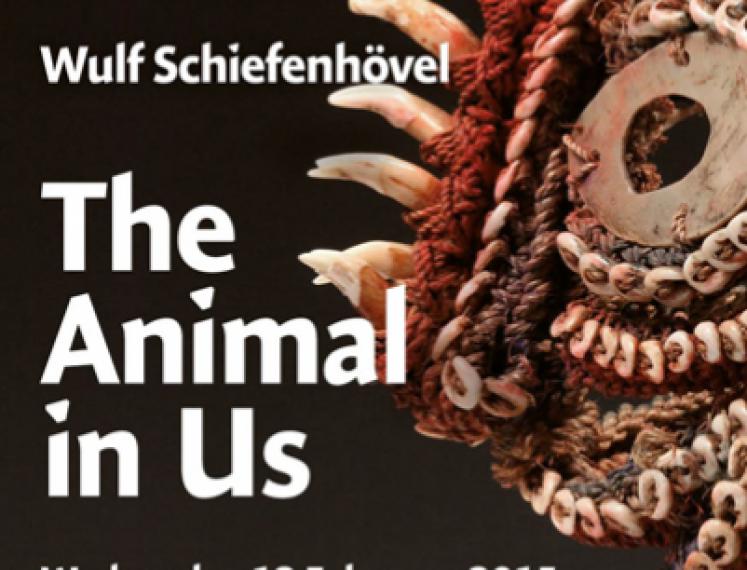Academy Building
Broerstraat 5
Groningen
Netherlands
How To Be (a Good) Animal?
For thousands of years, humans have pondered what we are and what makes us so different from other animals. For some, we have a soul; for others, we have free will. Yet there is one truly extraordinary thing about us. In one way or another, we are animals, but we don't think of ourselves as animals. We possess a psychology that seeks separation between humanity and the rest of nature, and we have invented grand ideologies to justify this belief. The narrative of human exceptionalism, the view that humans are different from all other organisms, posits that there is something unique about being human - something non-animal - that makes us more valuable. Yet many of the things we value most in our experience originate in our animal nature - comfort, love, physical closeness, a good meal. If we admit that we share these values with other species, how can we make sense of the strong moral separation between us and all other living beings? These tensions are an endless struggle with the animal in ourselves. Can we have a better relationship with being animal? And could this assist us in the environmental crises we face in the coming years?
Melanie Challenger is a writer and broadcaster on environmental history and philosophy, Deputy Chair of the UK's Nuffield Council on Bioethics, host of Enter the Psychosphere, and author of the new release, How to Be Animal: A New History of What It Means to Be Human. Melanie offers insight on how we can ‘become animal’ without reverting to amoral, self-serving behaviors and explains why she sees the simple, clean messaging around environmental issues as being problematic.
When visiting our events a corona entry pass (a vaccination, test or recovery certificate) is mandatory. More information about this can be found at rijksoverheid.nl. You can show the corona entry pass with the CoronaCheck-app or on paper.
Watch the recording of this lecture here.

